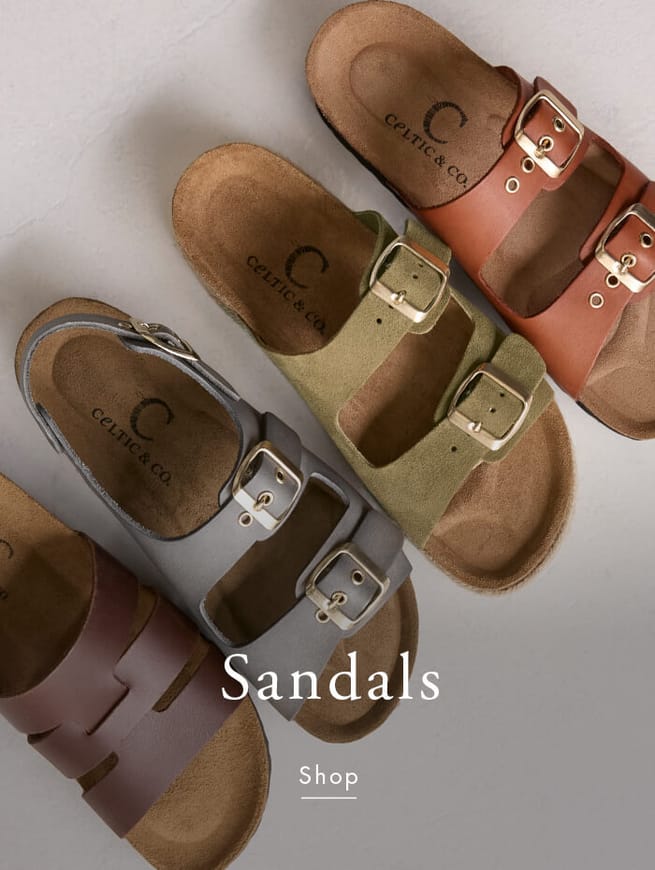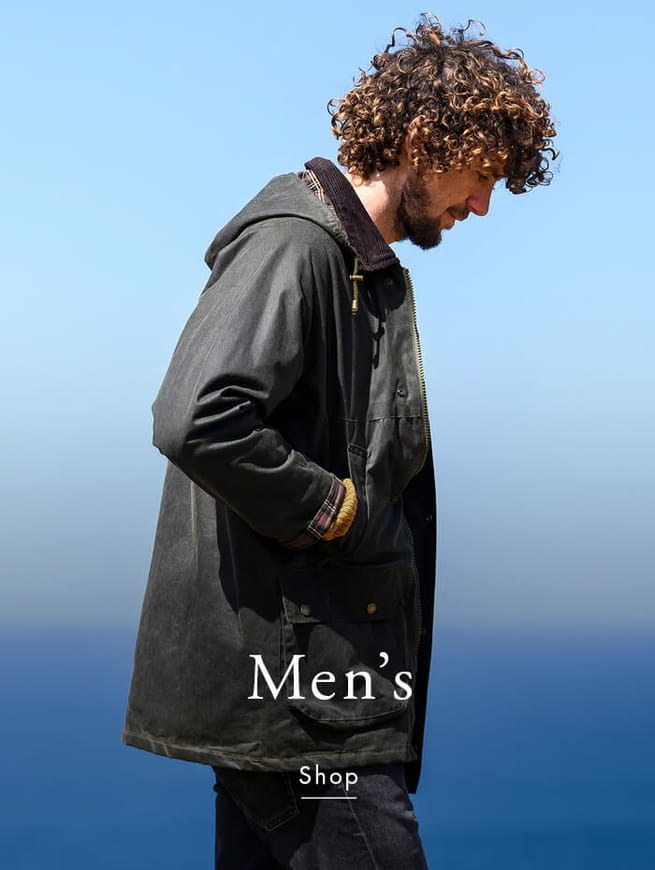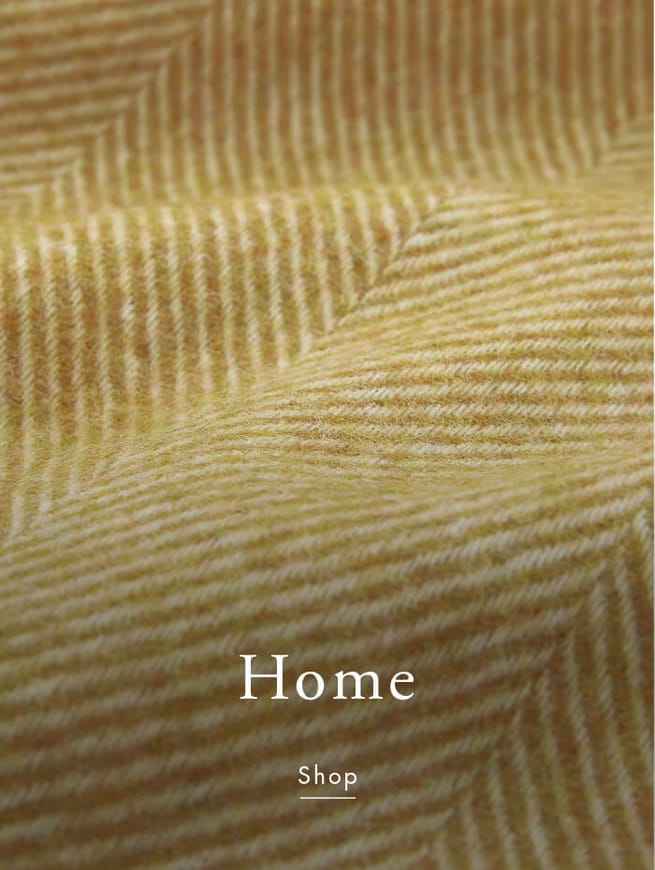world ocean day
Home / Blog / World Ocean Day
world ocean day
━
World Ocean Day takes place on the 8th of June and is an opportunity for us to be reminded about the importance of healthy oceans and how we can value and care for them.
At Celtic & Co, we have taken up the challenge of reducing plastic waste as much as possible in our business. While the plastic problem also needs to be tackled on a larger scale, there are small changes that everyone can make that will help reduce the amount of plastic that ends up polluting our natural environments.
buying clothing made from natural fibres
How do natural fibres help us to protect our oceans?
Clothing made of synthetic fibres, such as polyester, are plastic based. When they are washed, it releases thousands of tiny microplastics into the water system. Even in landfill, this type of clothing will break down over time into microplastics, which is then found in the soil and can then also find its way into our waterways. Buying clothes made of sustainable natural materials, such as cotton, linen and wool, can help to reduce the amount of microplastic and plastic waste that finds its way into our natural environment.
Read More: Wool Vs Synthetic
100% Donegal Wool: Loaded with colourful character & rustic charm, our Donegal Wool is spun in Ireland by Donegal Yarns, one of the last remaining companies producing genuine Donegal yarn.
100% Merino Wool: With it's superfine silkiness and temperature regulating properties that no synthetic fibres can mimic, Merino Wool is a hero yarns for our best-selling products.
"The ocean is what made me want to work at a company that also shares these values of protecting the resources we have. Small changes can make a big difference, such as choosing renewable and natural materials that don’t shed microplastics into the ecosystem."
- Chrissy Emmerson, Graphic Designer
using reusable items where possible
Taking a reusable water bottle with you while out and about means you won’t be tempted to buy water in a single-use plastic bottle. According to Surfers Against Sewage (SAS), over 150 plastic bottles litter each mile of the UK's beaches.
Most disposable coffee cups and their safety tops are not recyclable. A report released by the Environmental Audit Committee found that the UK uses approximately 2.5 billion disposable coffee cups a year, that's 7 million a day. Using a reusable coffee cup not only reduces your plastic footprint but it can save you money too, as many coffee shops offer a small discount if you use your own reusable coffee cup.
shopping preloved garments
Buying products second-hand helps to keep them in circulation and reduces what goes into landfill. There are many websites and apps that sell preloved items such as Vinted, Facebook Marketplace, Shpock and eBay.












